Comparison of different error representations in goal-oriented adaptive algorithms
Please login to view abstract download link
In Finite Element analysis, goal-oriented error estimation focuses on estimating the approximation error of a specific quantity of interest. This talk presents several globally equivalent error representations that are used to drive goal-oriented adaptive algorithms. It borrows previously developed error representations and draws a comparison of their efficiency and accuracy with newly introduced representations. The error representations are defined in the context of an abstract problem, using duality techniques and Galerkin orthogonality properties. They are then applied within h-adaptive algorithms, considering a 1D boundary-layer problem and the 2D Poisson problem on an L-shaped domain. The algorithms are tested with different marking strategies and quantities of interest. Numerical results demonstrate how the error representations vary locally, and how the choice of the representation affects the performance of the adaptive algorithms. The results are then used to determine a ranking of the various error representations.

